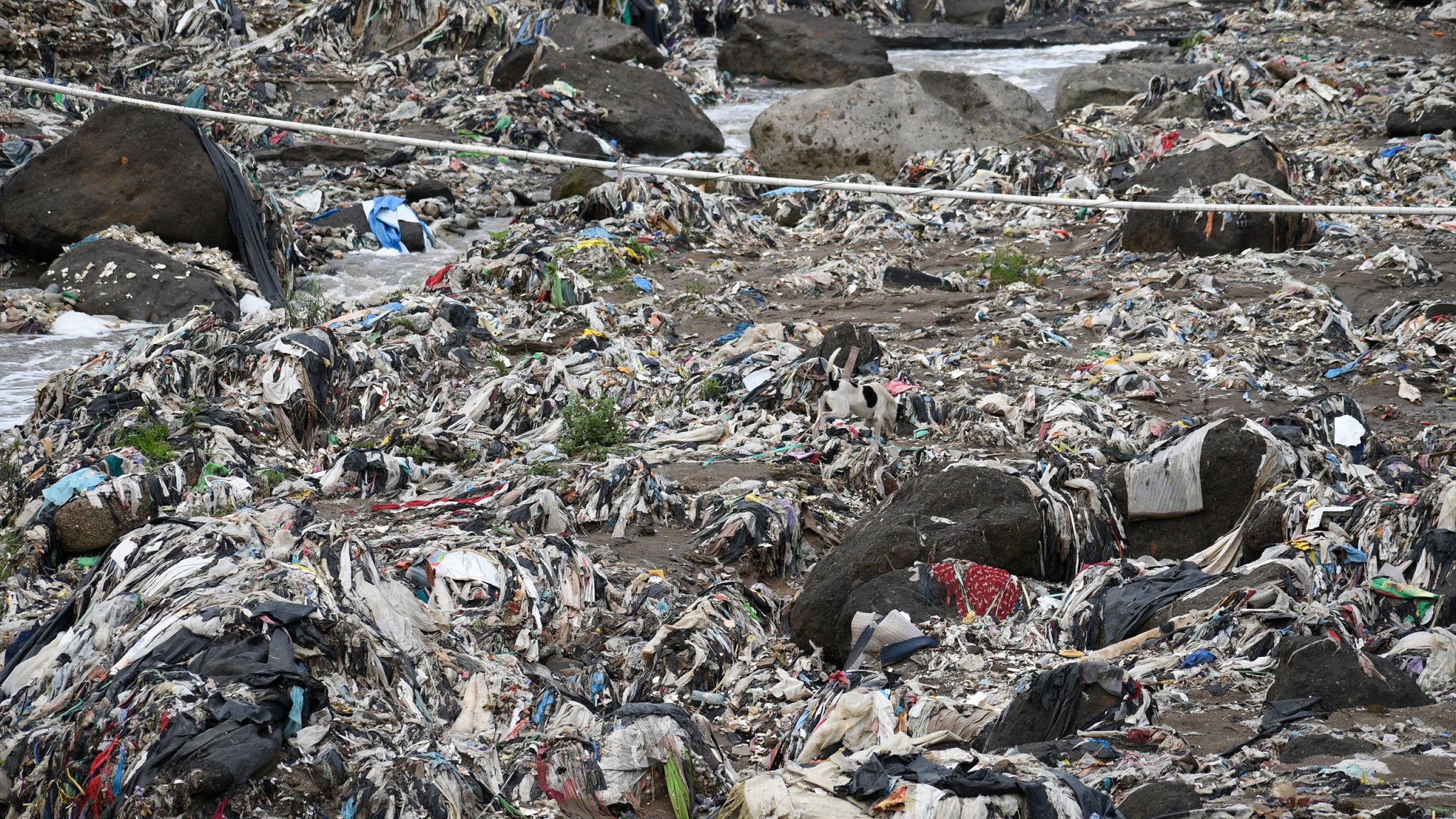

Suzuki is tackling head-on the challenge of cleaning the world’s oceans of trillions of harmful microplastics in a new way. They’re taking it on hull first.
Last week, the manufacturer announced it started production of five new marine motors equipped with a microplastic capturing chamber that would scoop up harmful plastics as the vessels motored around the seas. These chambers will be equipped on Suzuki outboard motors shipped to North America and Europe.



When these outboards are in use, microplastics are shuttled through the motor and collected in a filter toward the top of the engine. Presumably, the filter would need routine cleaning, but that’s a small inconvenience in fighting a problematic material that’s flooded the world’s oceans and is even raining down in other areas of the planet.
According to the Ocean Conservancy, 11 million metric tons of plastic waste enter the world’s oceans annually, adding to the 200 million metric tons that are already present. Plastics appear in roughly 60% of seabirds and 100% of the world’s marine turtle species, who mistake the plastic for food. In less than a decade, that total could surpass 300 million metric tons, literally choking marine species that can’t escape the pollution.
The problem isn’t limited to fish, turtles, and birds either—it’s our problem too. Microplastic is found in tap water, beer, salt, and appeared in 80% of blood samples collected by researchers in the Netherlands in a study conducted earlier this year.
Suzuki’s solution isn’t the only one out there. In 2020, the James Dyson Foundation awarded a grant to an Italian inventor who created a unique filter that could be dragged around by just about any boat.
These filters are only a small part of the solution, of course. Reducing the world’s reliance on plastics—especially single-use plastics—will have a bigger impact on slowing the contaminated oceans we’ve created. The Great Pacific Garbage Patch floating between Hawaii and California contains more than 8 trillion bits of plastic and is larger than the state of Texas.